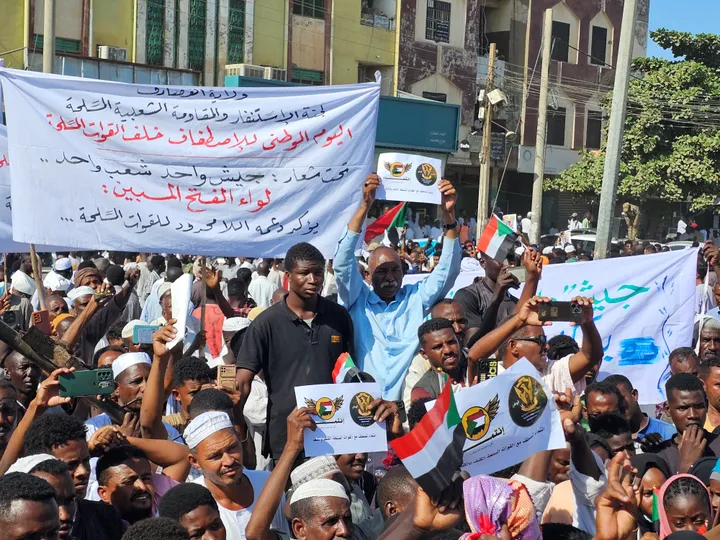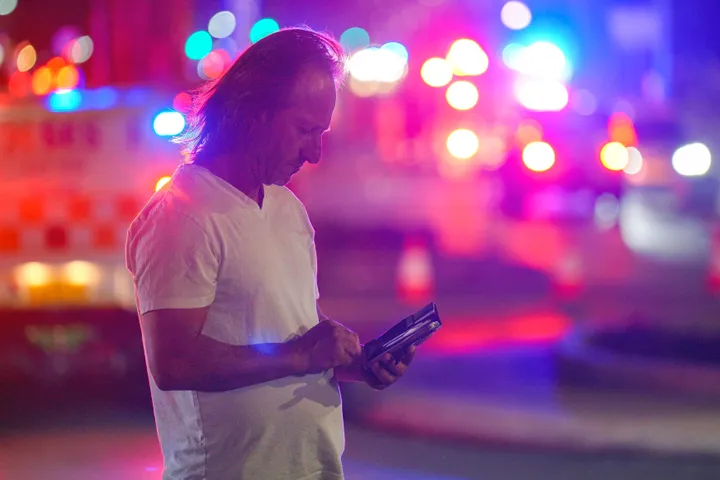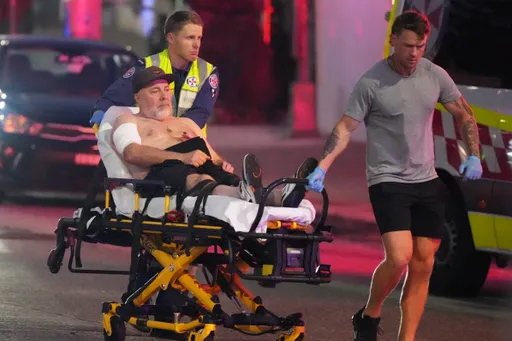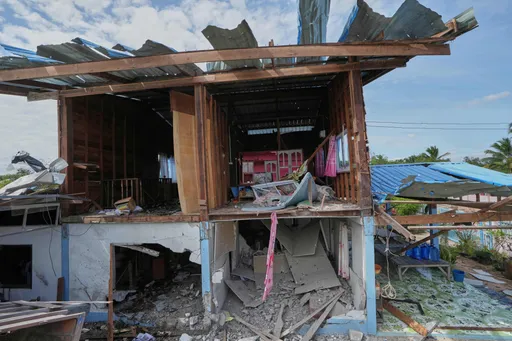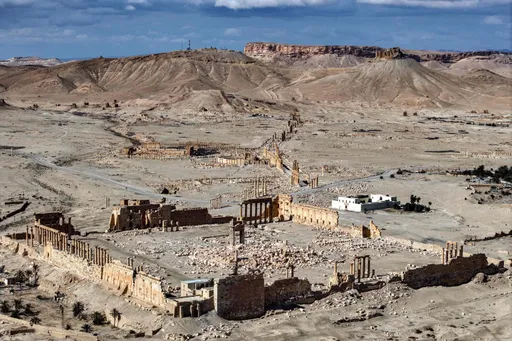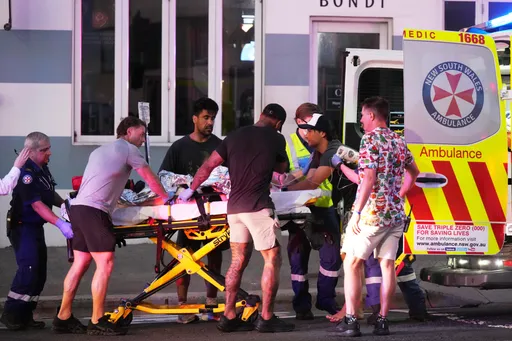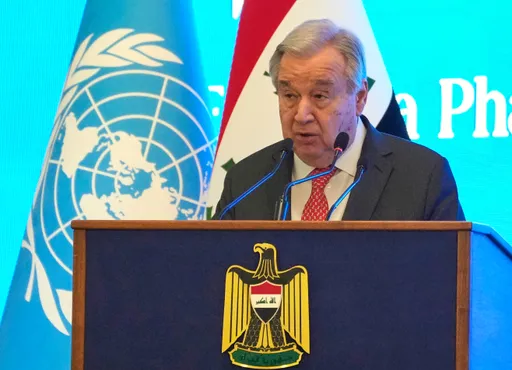A grenade attack on a mosque in the troubled southern Philippines killed at least two people early Wednesday, authorities said, just days after a deadly bombing at a Catholic cathedral and a vote backing self-rule in the Muslim-majority region.
The blast tore through the building as the victims were sleeping in the pre-dawn darkness on the insurgency-plagued island of Mindanao, which is home to the Philippines' Muslim minority.
Blood-streaked prayer mats and shattered glass could be seen on the floor inside the mosque where heavily armed security forces were working at the scene.
The blast came as the Catholic-majority nation was on high alert after a cathedral bombing that killed 21 people at Sunday mass in an attack claimed by the Daesh.
Regional military spokesman Lieutenant Colonel Gerry Besana saidat least two people were killed and four others were wounded in the mosque attack in Zamboanga City.
"It is very hard to speculate whether this was retaliation (for the cathedral attack)," Besana said. "There are a lot of possible explanations."
'Pray for peace'
Authorities are also hunting for the attackers involved in the cathedral attack on the island of Jolo, which security forces initially said was not a suicide attack.
However, on Tuesday President Rodrigo Duterte contradicted them saying one of the bombers had blown himself up outside the cathedral on the overwhelmingly Muslim Island.
The probe was pointing toward a group tied to the notorious kidnap-for-ransom group Abu Sayyaf, which has pledged allegiance to Daesh terror group.
The attacks have interrupted the joy spurred by voters' decisive approval of giving Muslims in the south more control over their own affairs, which sparked hopes of quelling long-time separatist violence.
Rebels and the government in Manila have expressed hope the new so-called Bangsamoro area will finally draw the investment needed to pull the region from the brutal poverty that makes it a hotspot for radical recruitment.
However, militant factions aligned with Daesh were not part of the decades-long peace process with the nation's largest separatist group, the Moro Islamic Liberation Front, that culminated January 21 with the resounding approval of a new Muslim led-region in the south.
Jolo, which is home to militant factions, is the only area in the southern Philippines that voted against the Bangsamoro.
Its leader came out publicly against the region and even asked the nation's top court to halt the vote.
The grenade attack on Wednesday drew immediate condemnation from authorities.
"There is no redeeming such blasphemous murder. It is the highest form of cowardice and obscenity to attack people who at prayer," said regional leader Mujiv Hataman.
"We call on people of all faiths... to come together to pray for peace."


